In the News
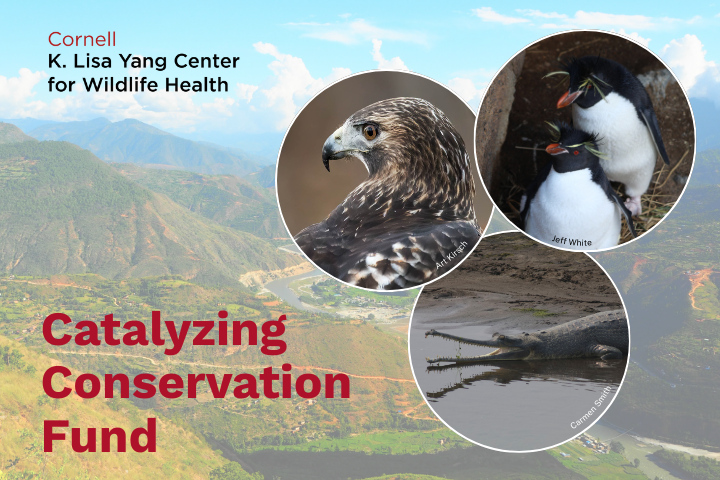
September 15, 2025
Why are eastern rockhopper penguin populations plummeting in New Zealand? What’s a reliable, rapid test for detecting rodenticide poisoning in live birds of prey? How can we use technology to help diagnose wildlife diseases in Nepal while training local scientists?
July 11, 2025
Collaboration with local professionals is an integral part of every international project undertaken by the Cornell K. Lisa Yang Center for Wildlife Health. In Kyrgyzstan, we have been working closely with our local collaborators...
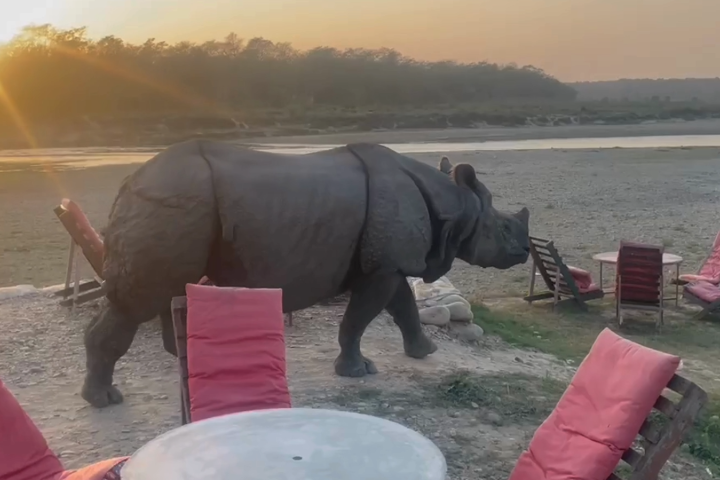
Video
July 09, 2025
While in Chitwan, Nepal, Drs. Carmen Smith and Martin Gilbert captured footage of a free-roaming greater one-horned rhino passing through the bar.
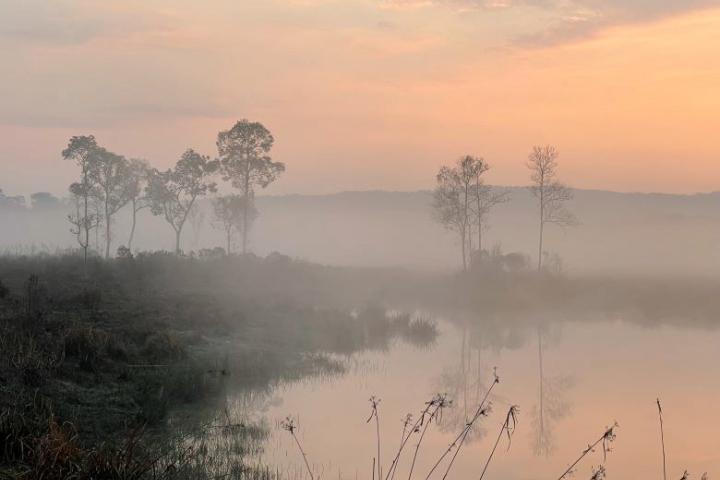
May 21, 2025
by
Martin Gilbert
The sun had long since submerged beneath the tree line, and the Bueng Pan ranger station was settling in for the evening. Smoke from the kitchen fire drifted over the grassland, and a radio burbled away to itself happily in Thai....
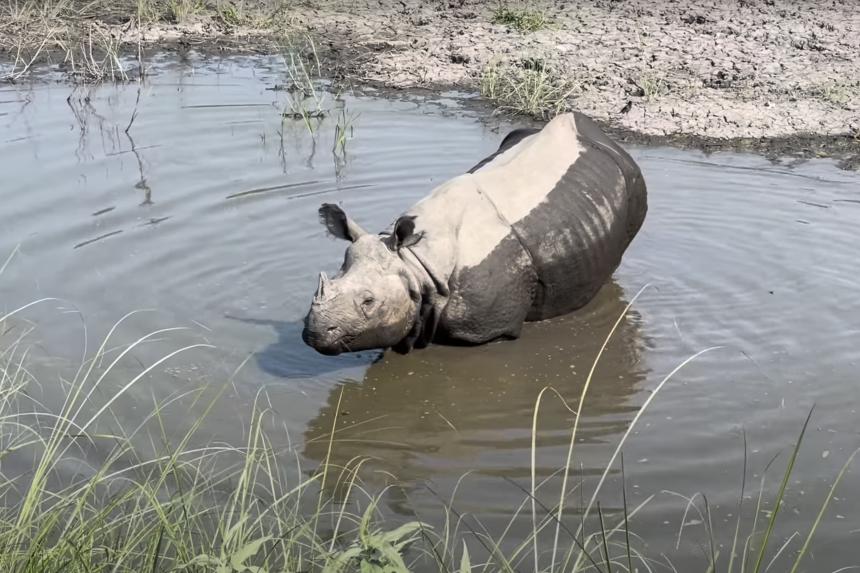
Video
May 16, 2025
While conducting fieldwork to safeguard the future of rhinos, Dr. Martin Gilbert, wildlife veterinarian and epidemiologist, encountered this greater one-horned rhino enjoying the water in Chitwan National Park, Nepal.
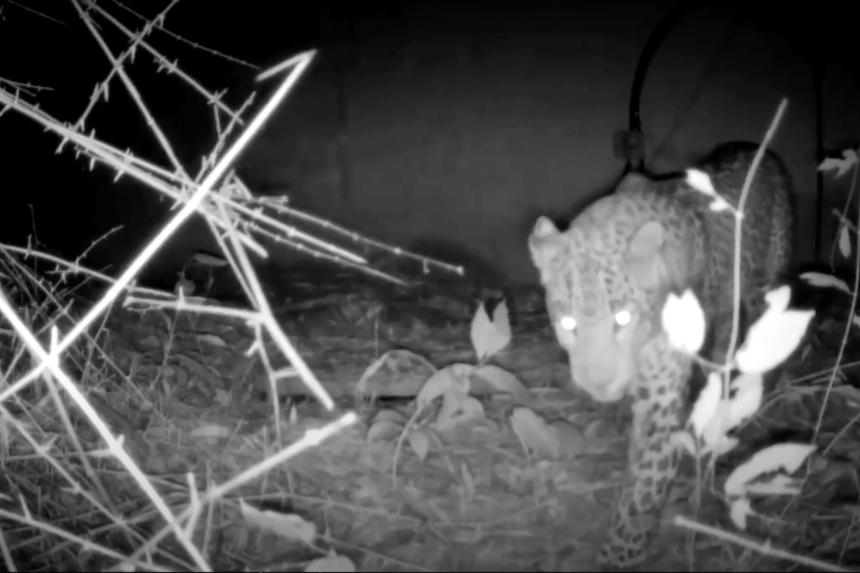
Video
April 30, 2025
You are never far from a leopard in rural Nepal! On his first night in the field, our Wild Carnivore Health Specialist, Dr. Martin Gilbert, captured this footage of a nocturnal visitor while testing camera traps behind his hotel room!
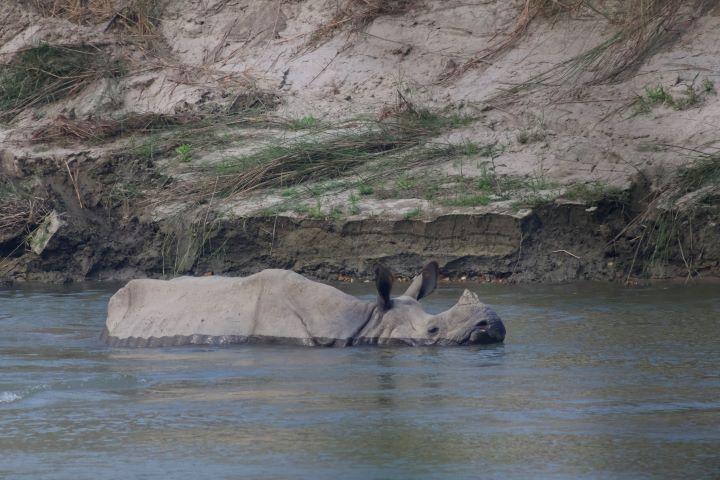
April 23, 2025
by
Carmen Smith
It was a misty morning on the outskirts of Chitwan National Park in Nepal, and I awoke after a night of little sleep broken by the sounds of dogs barking and roosters crowing....
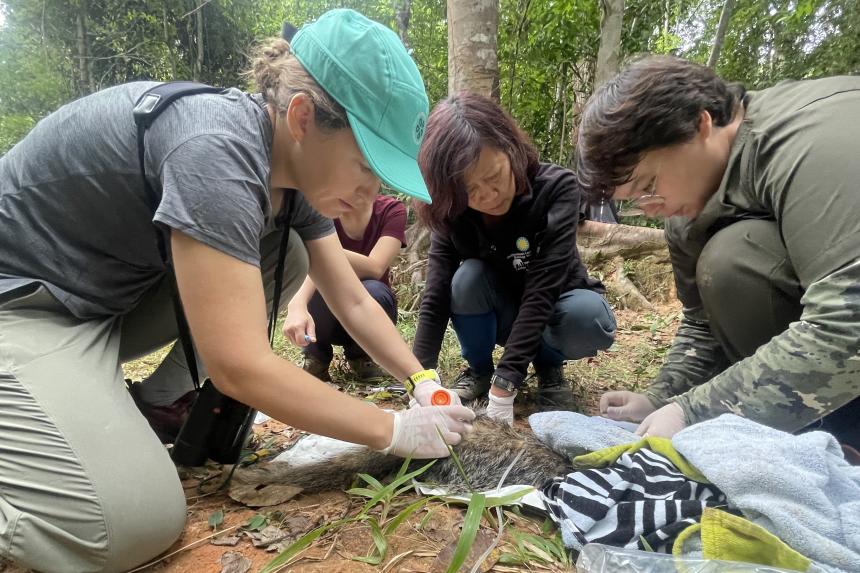
February 19, 2025
As the most recent awardee of a Cornell K. Lisa Yang Postdoctoral Fellowship in Wildlife Health, Kristina Ceres ‘15, PhD ‘22, DVM ‘24, aims to study disease dynamics in dholes and other endangered carnivores.
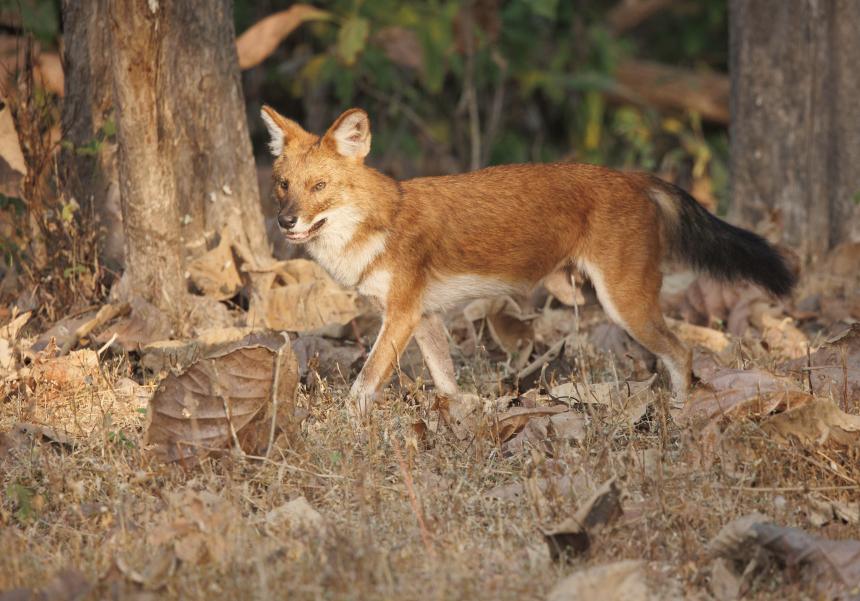
January 22, 2025
A meeting of wildlife conservationists to develop a National Species Action Plan for Dholes in Nepal was held from August 9-11, 2024. Also known as Asiatic wild dogs, dholes are a globally endangered species of wild canid that has been lost from more than 75% of its former range due to habitat destruction, loss of prey, persecution, and disease.
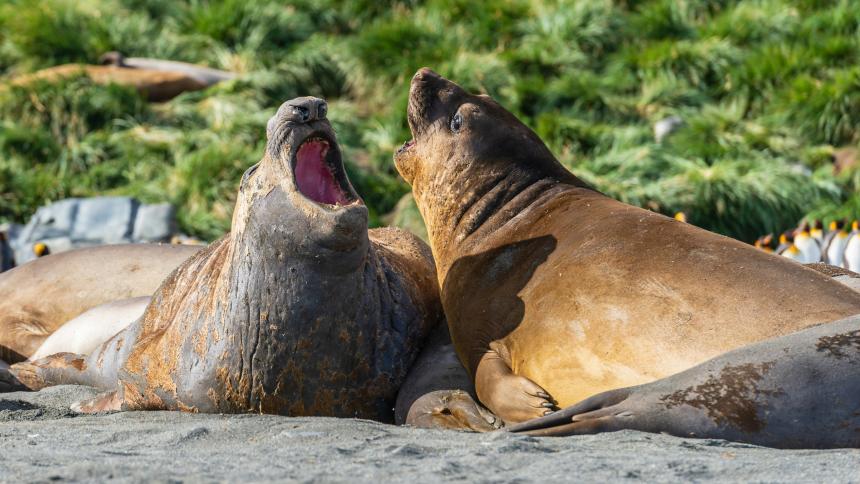
For Your Information
December 02, 2024
Researchers including Cornell's Dr. Martin Gilbert discuss how developing vaccines and vaccination programs for free-living endangered wildlife could help conservation efforts to prevent extinctions from disease threats.
